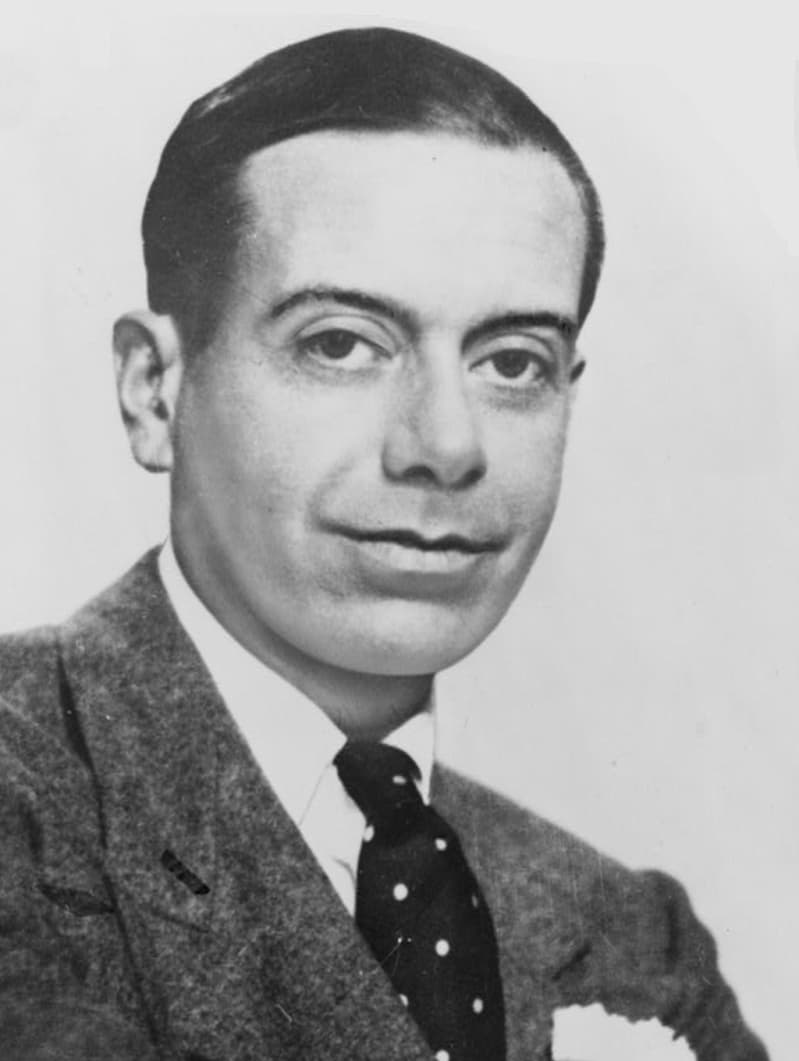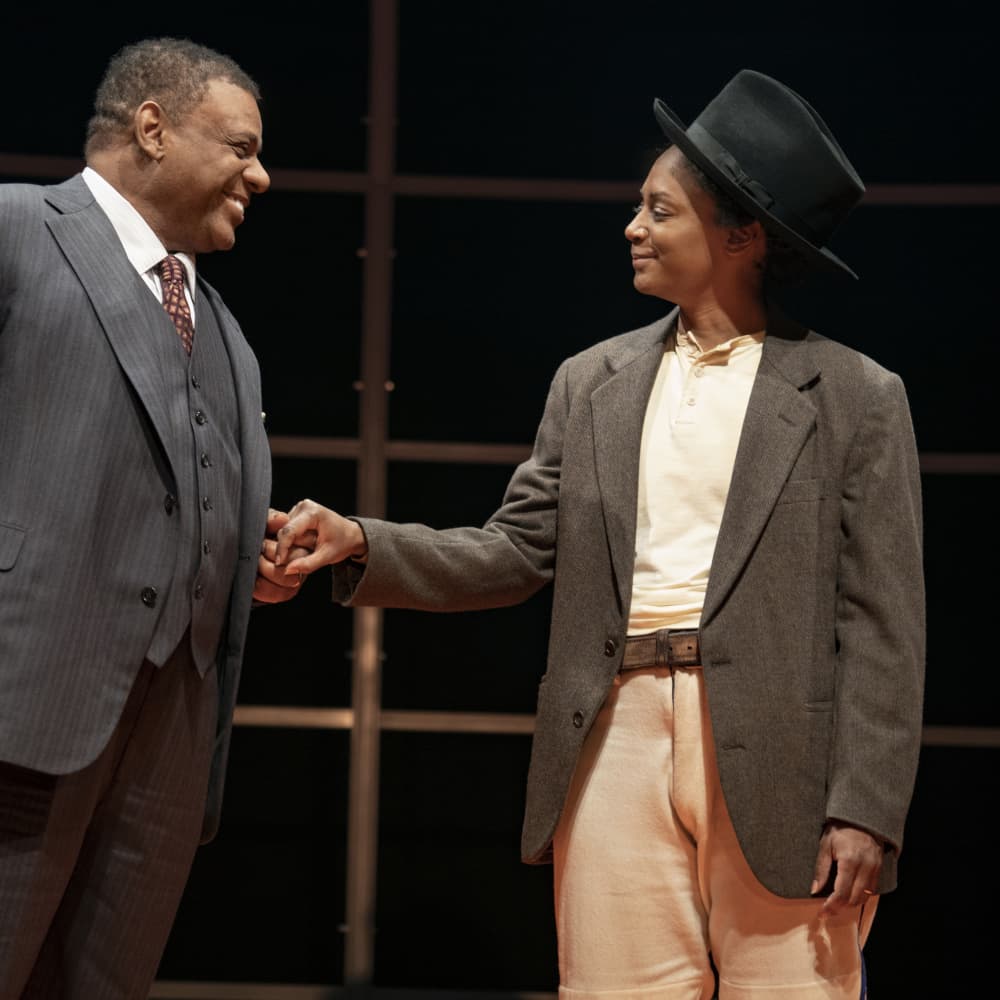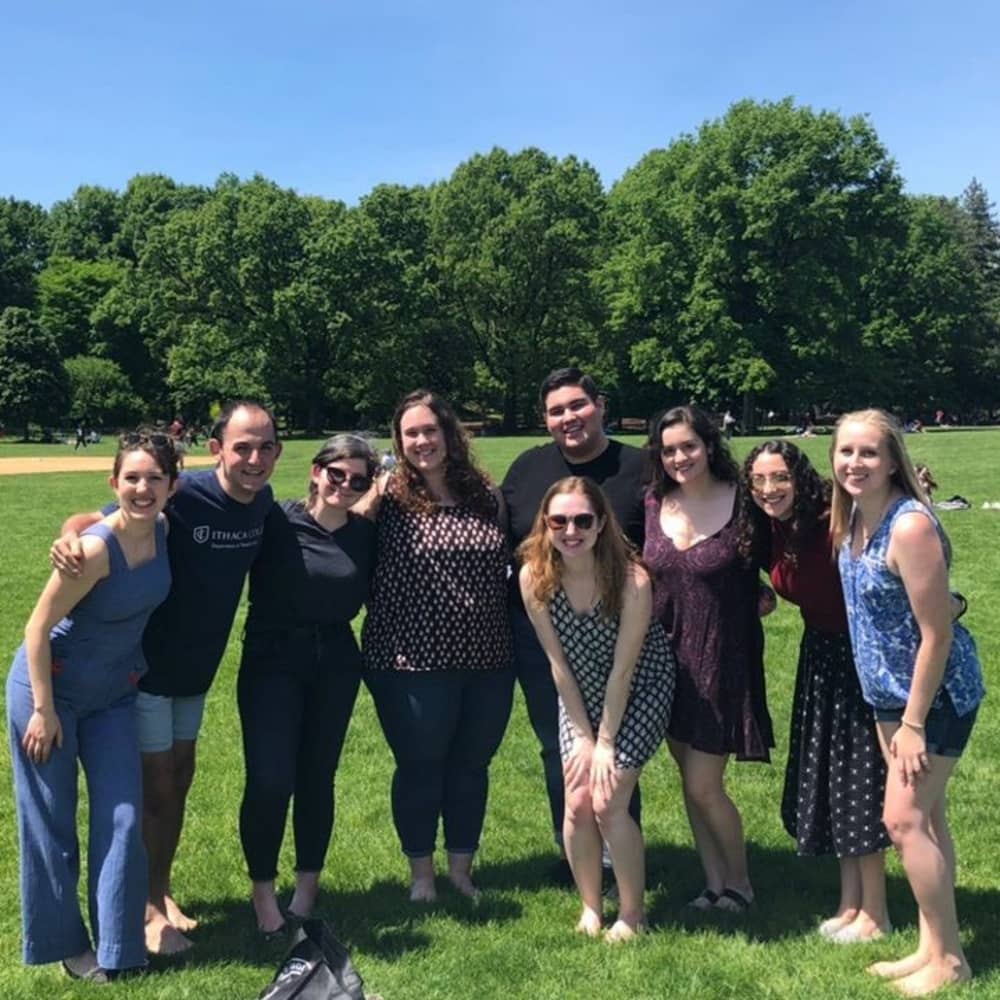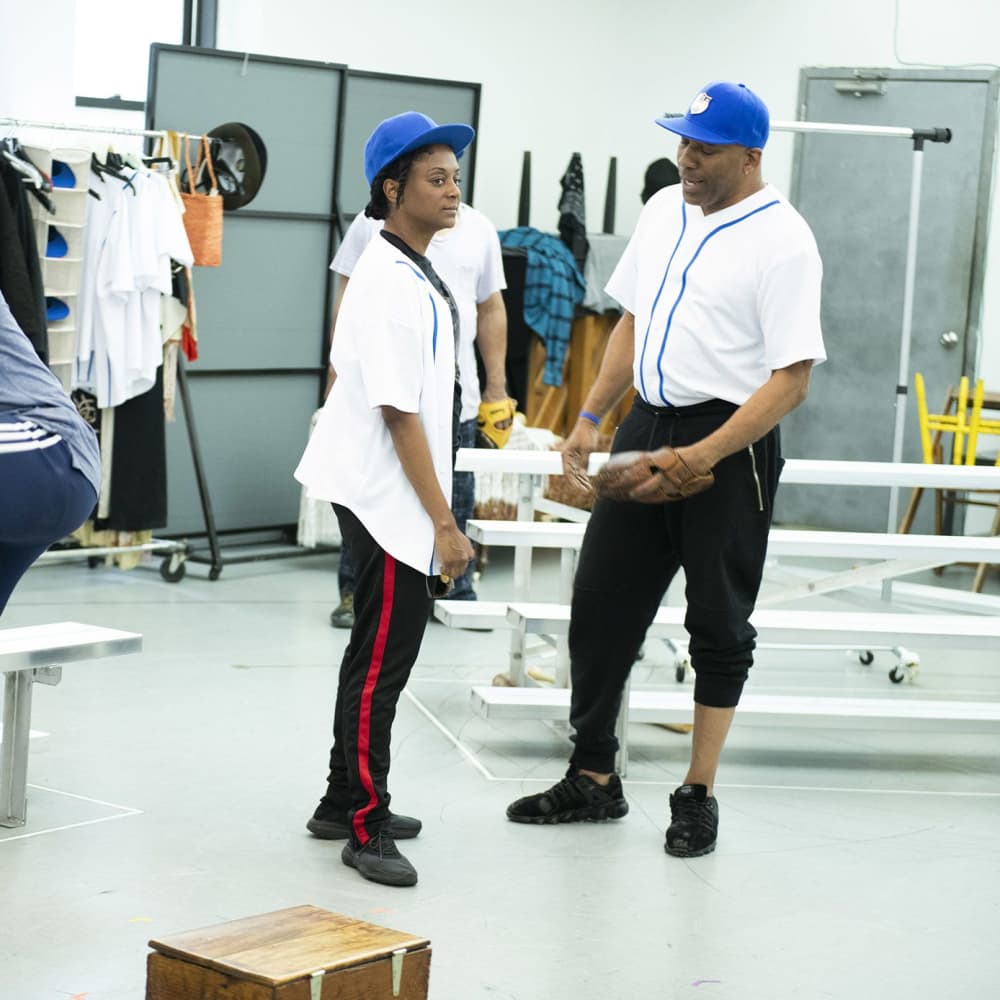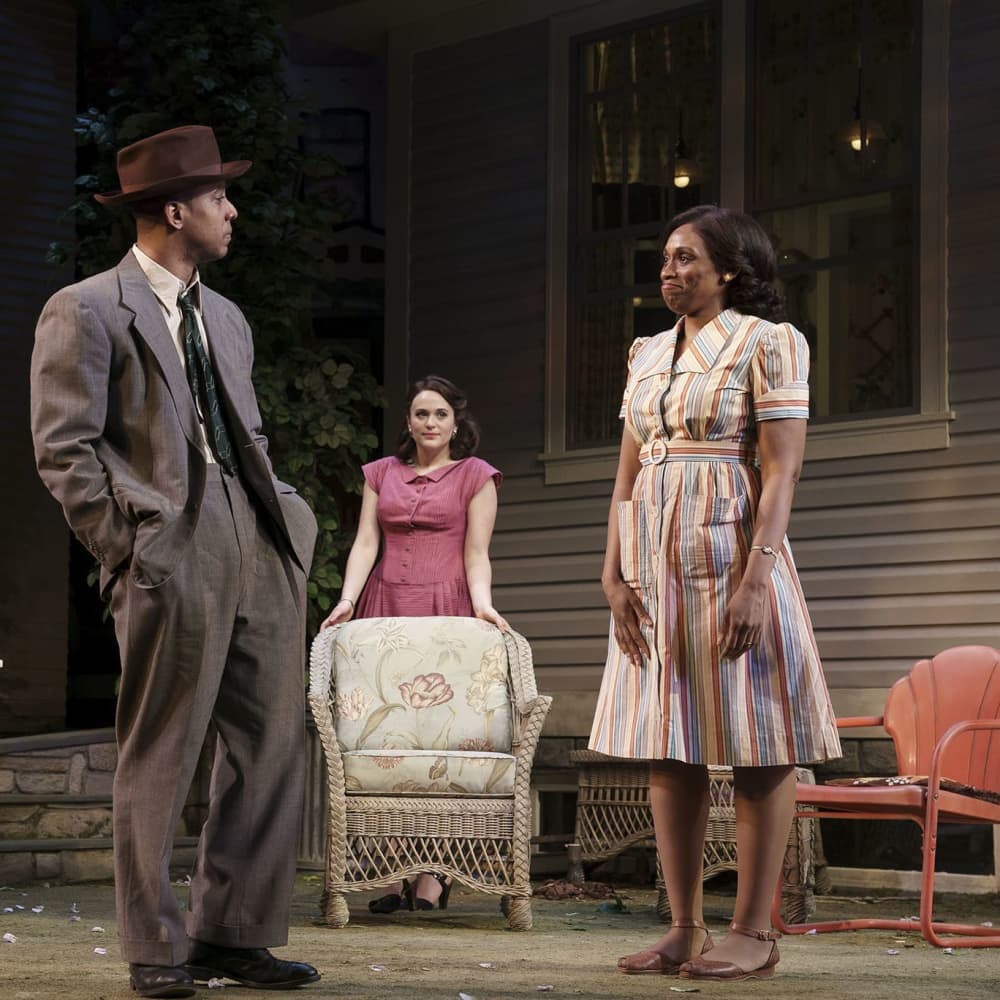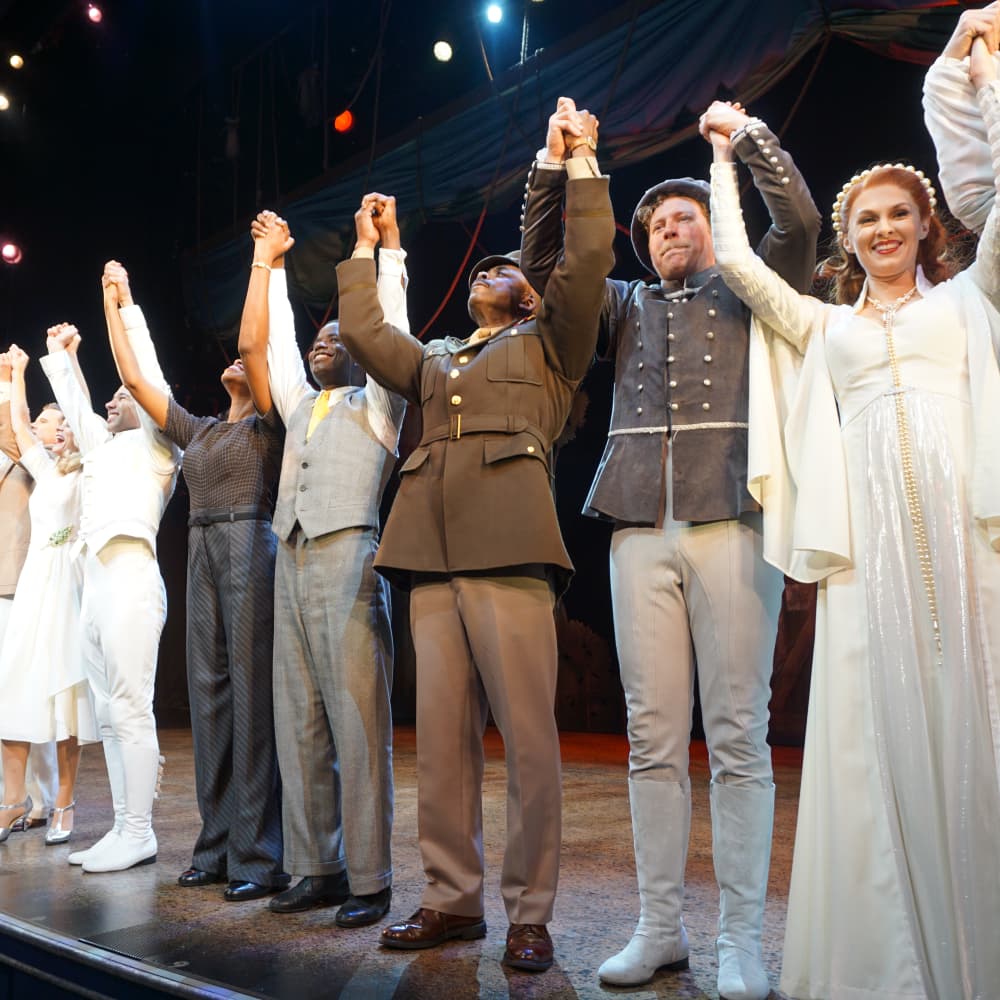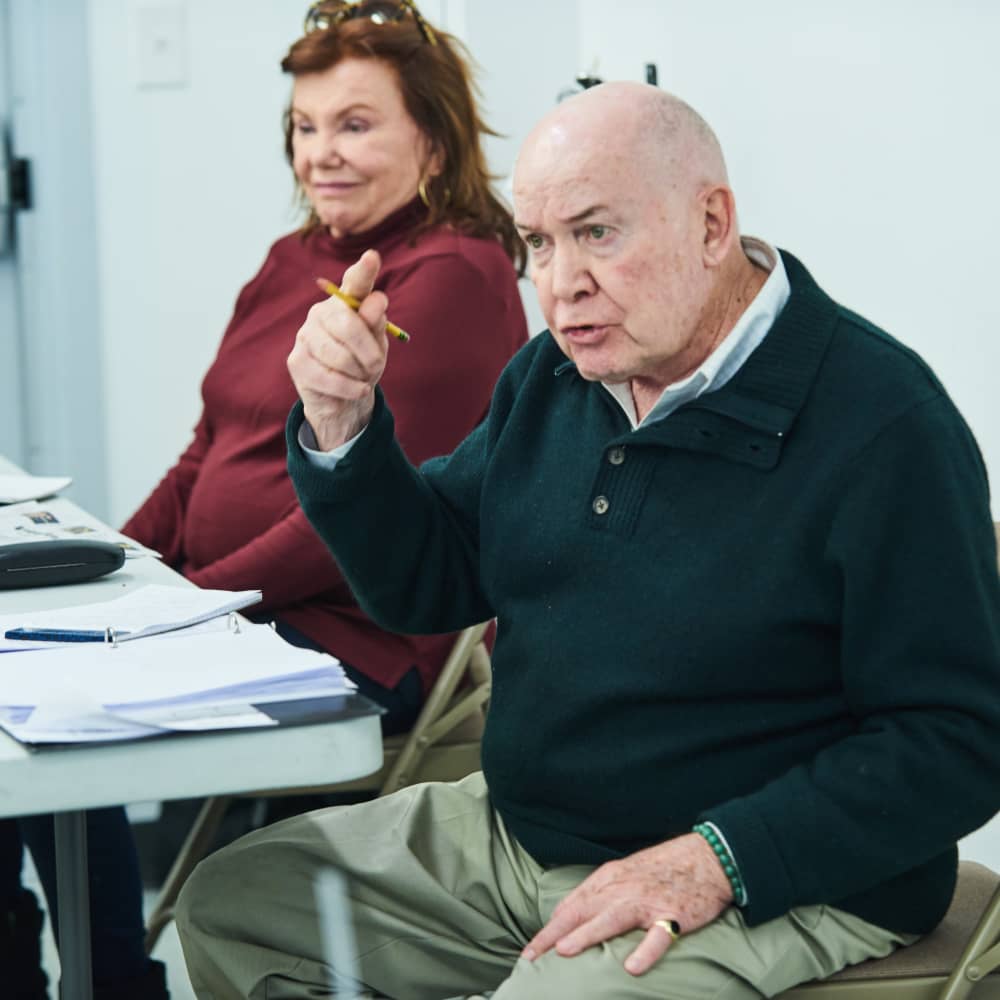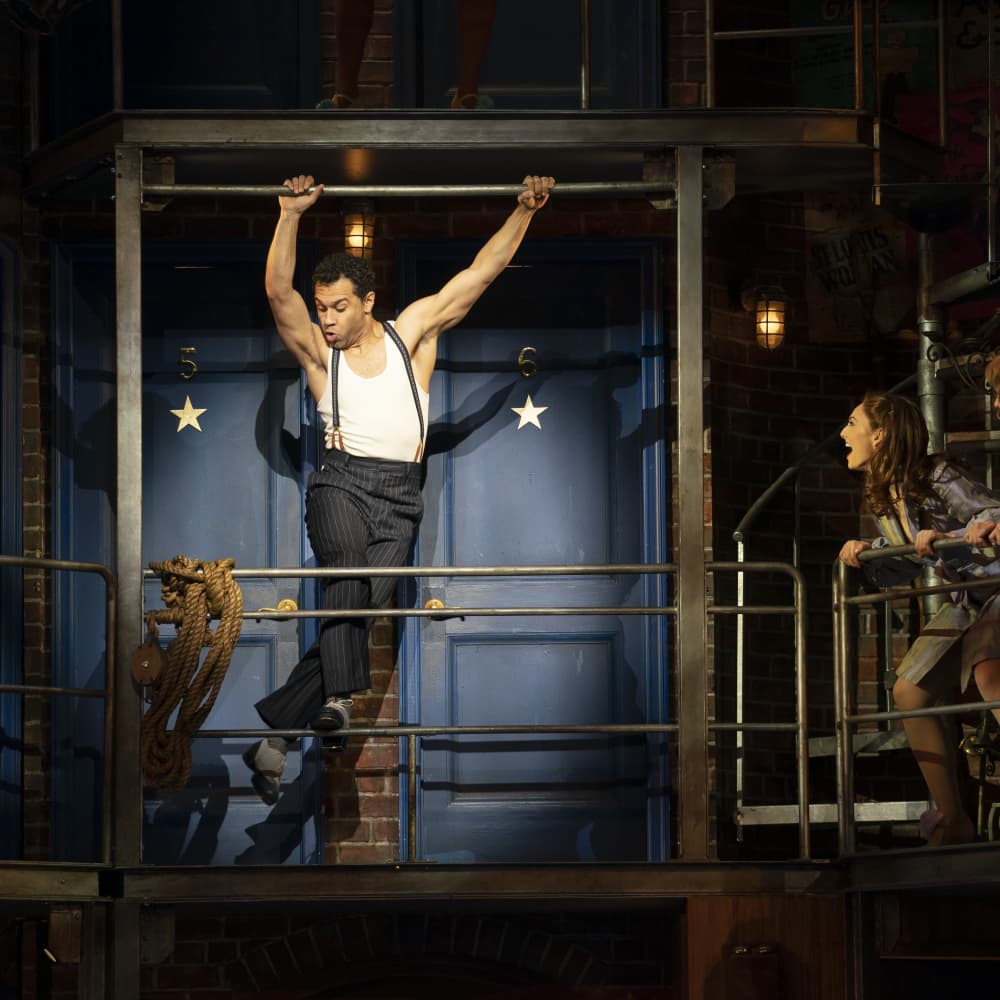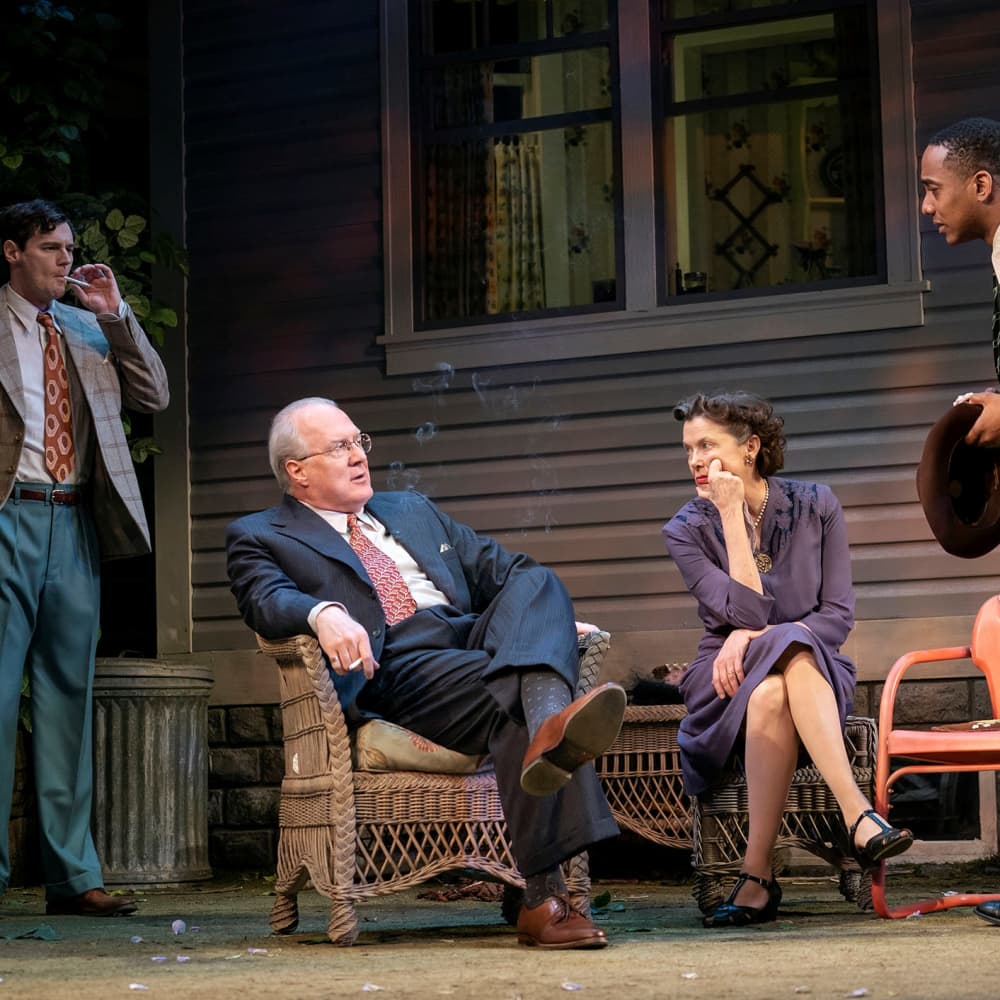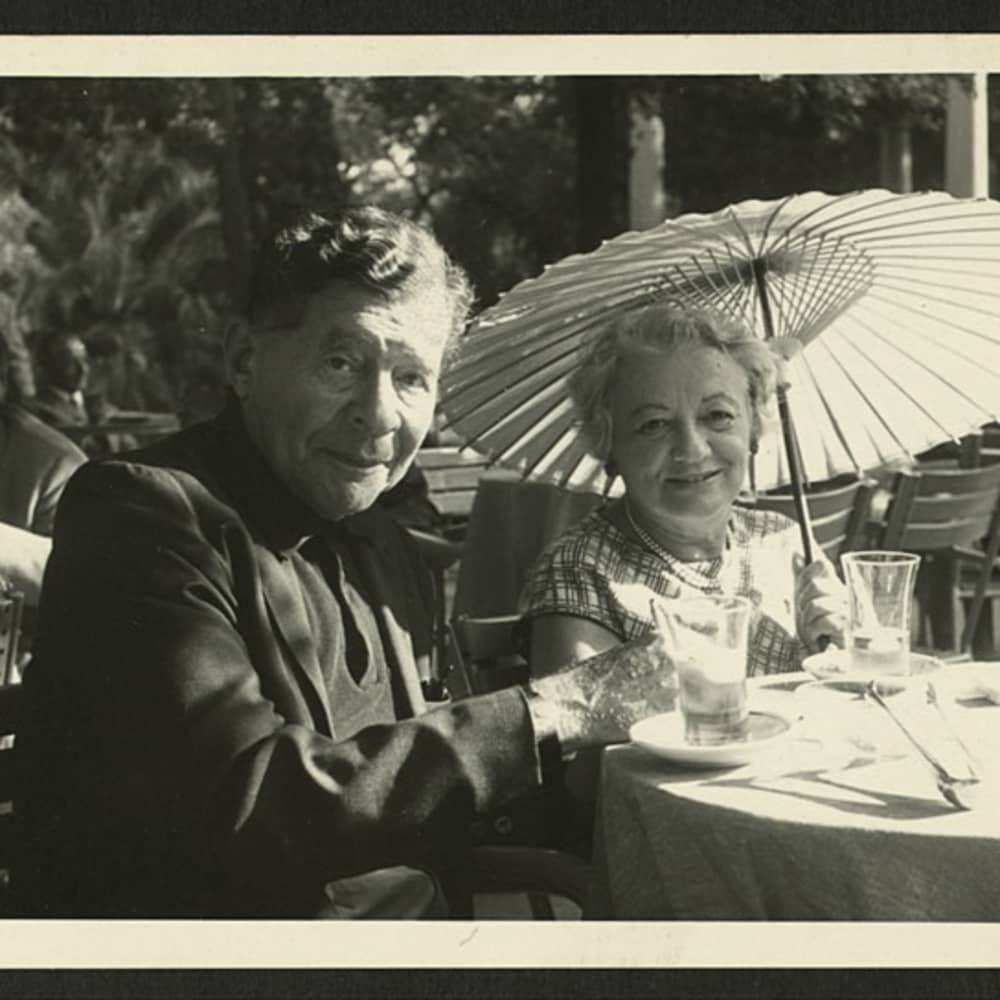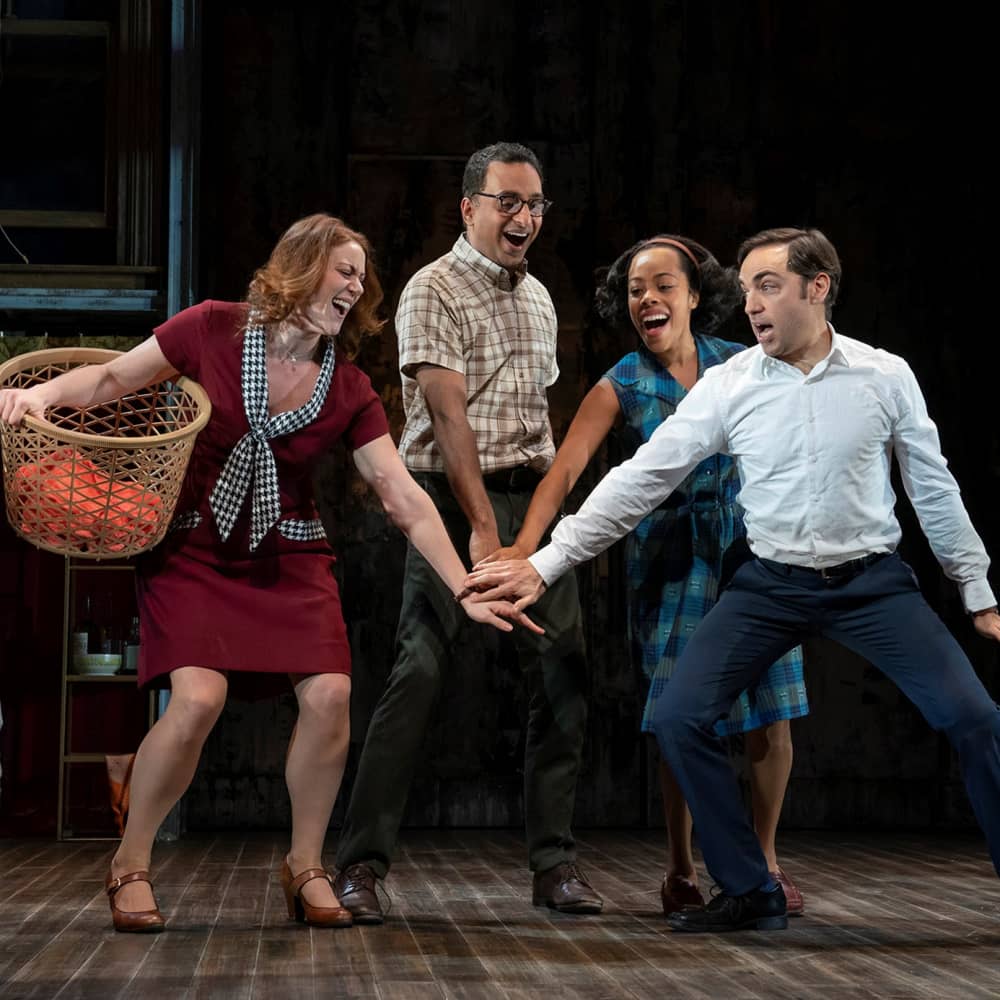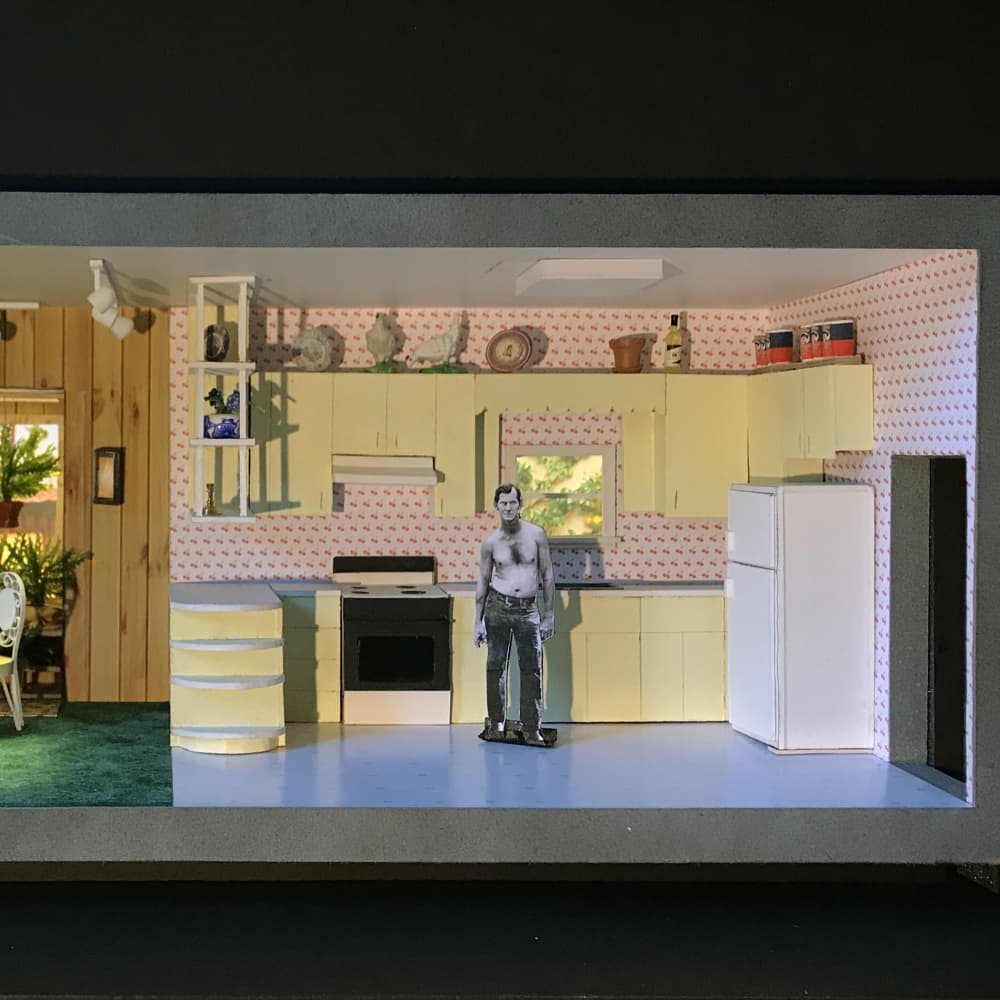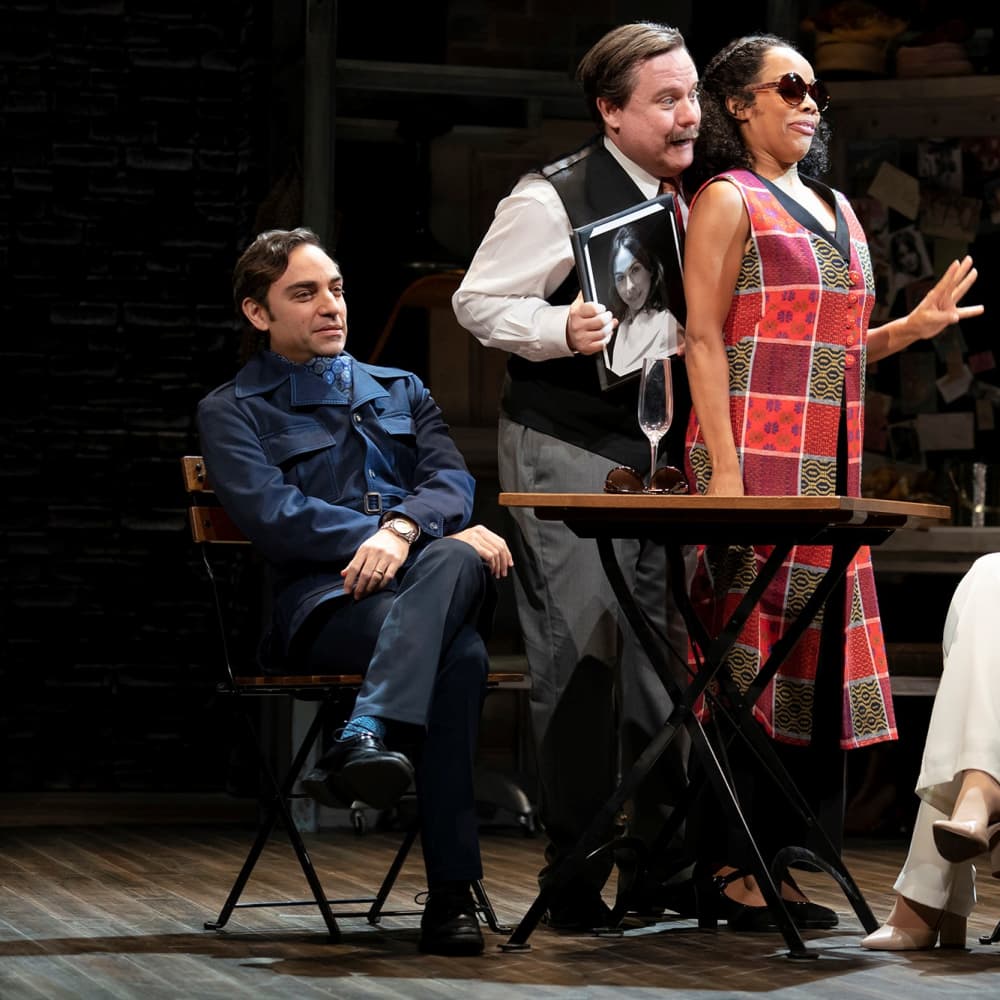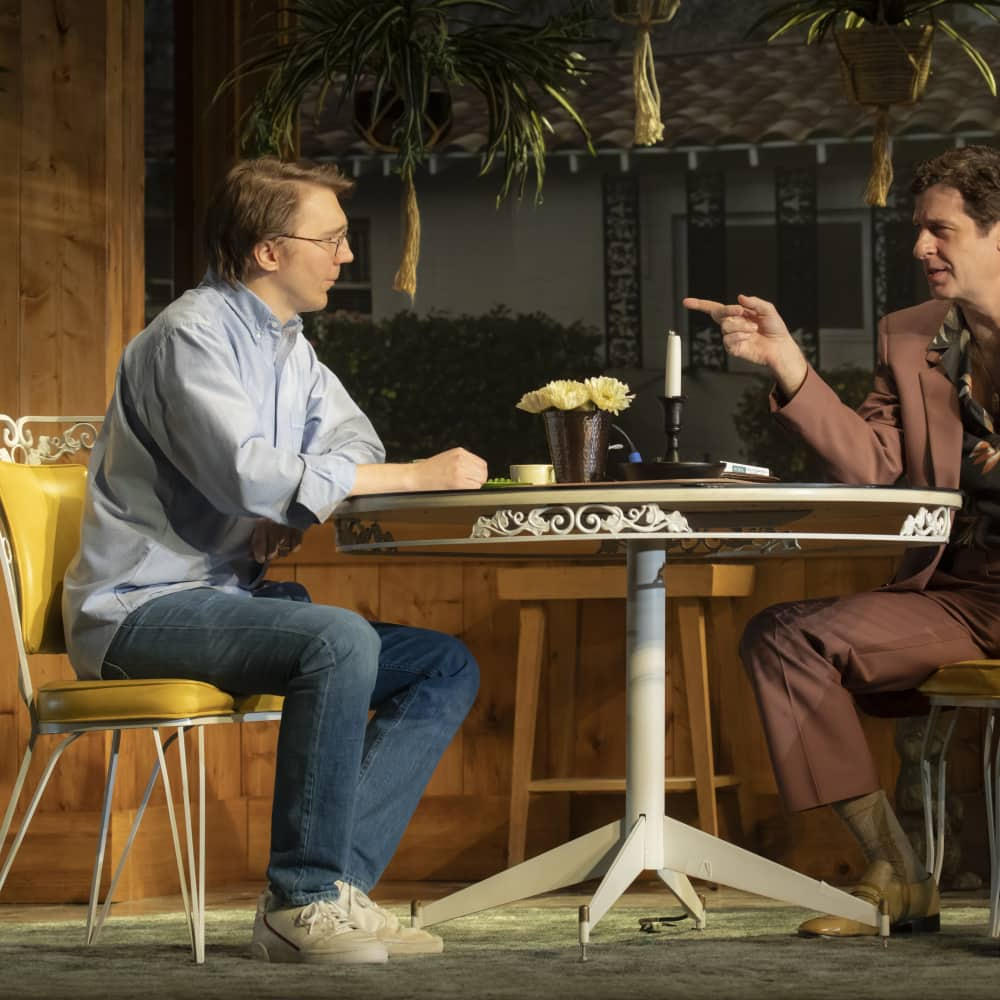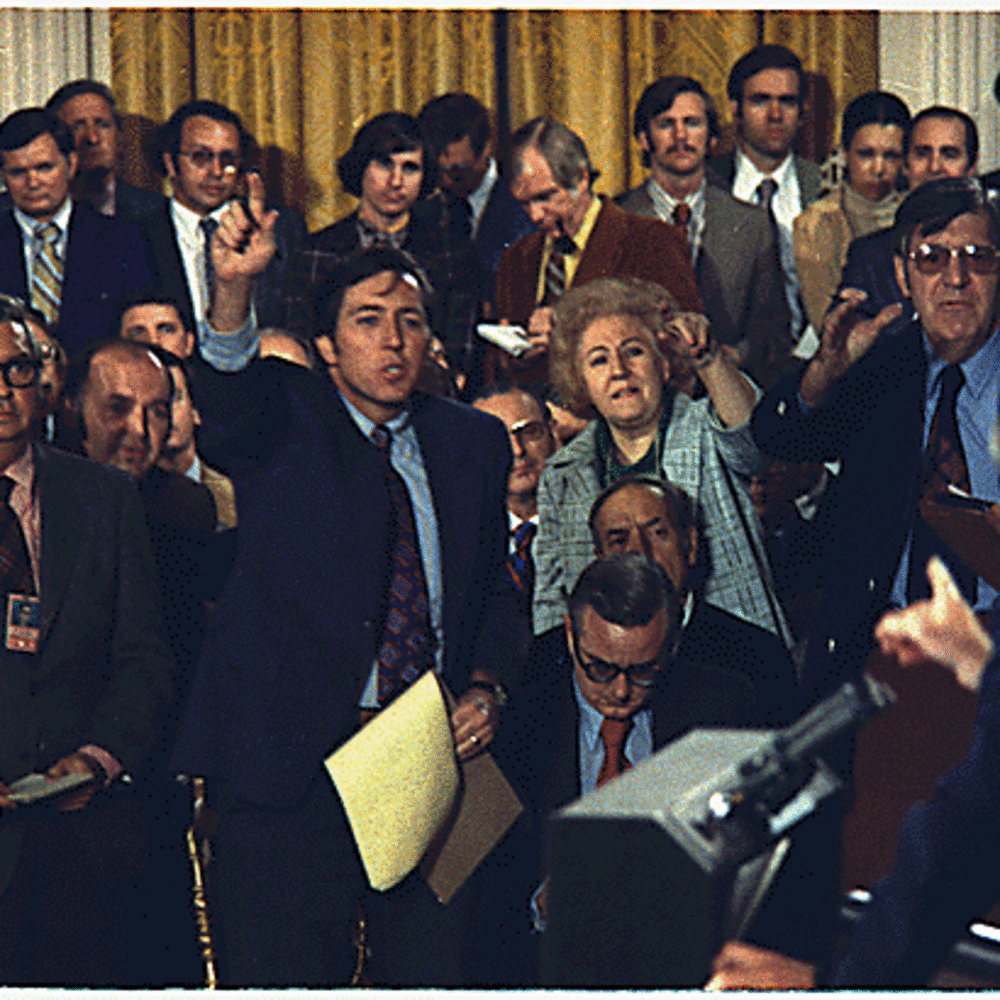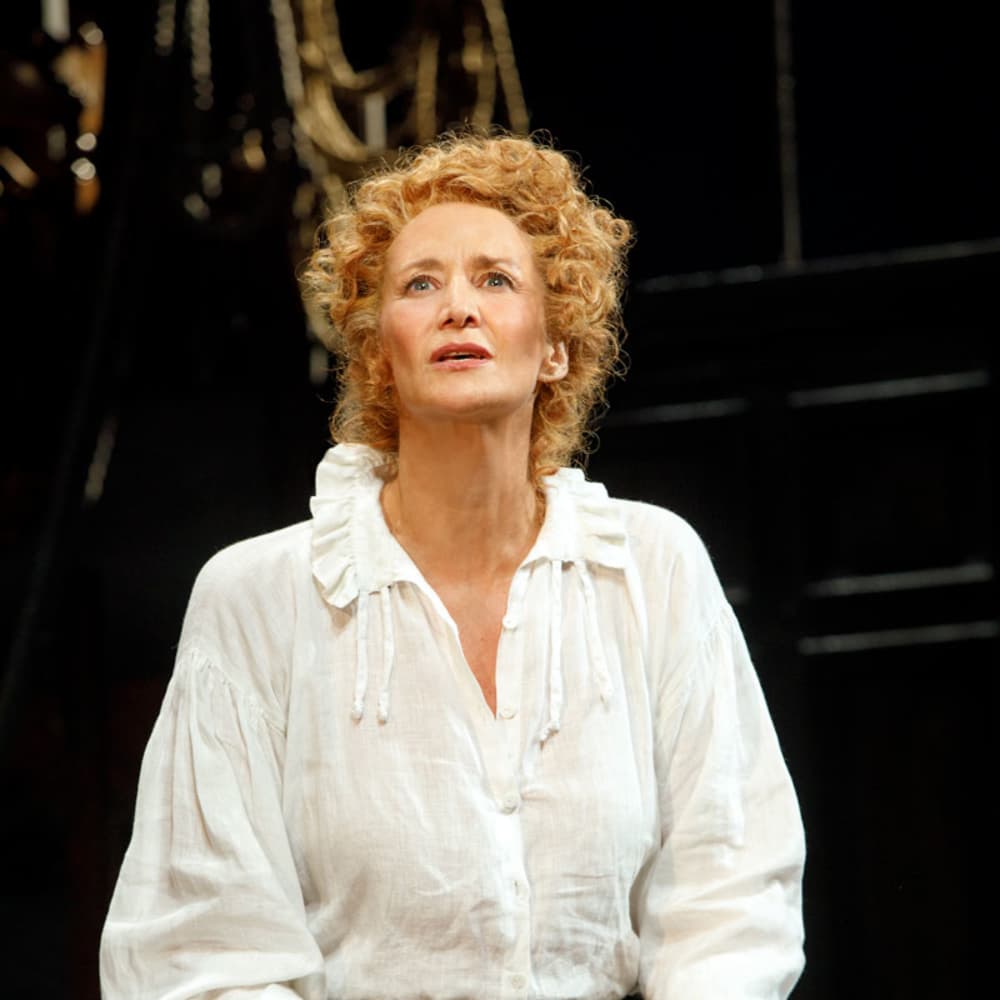Kiss Me, Kate:
Cole Porter
Posted on: May 16, 2019
Cole Albert Porter was born in Peru, Indiana, a town of 7,000 in the north-central part of the state, in 1891. He was named for his grandfather, J.O. Cole, “the richest man in Indiana,” who had been born in modest circumstances in Connecticut, made money during the Gold Rush of 1849, and used that cash to invest in lucrative coal and timber industries.
Family wealth gave Porter the opportunity to develop as a musician: he began violin lessons at six, piano at eight, and by the age of 10 was composing operettas and waltzes with help from his mother. His grandfather, however, saw not music but law in his grandson’s future, and Porter entered Yale University at the age of 18. At Yale, Porter composed over 300 songs, including the famous fight song “Bulldog,” still used today, and six musicals.
“I'm always true to you, darlin', in my fashion”
After college, Porter entered Harvard Law School but soon transferred to the music department. (The decision led his grandfather to cut Porter out of his will.) In 1916, Porter made his Broadway debut as a composer with See America First, which was a flop. Porter left for Paris soon after, later claiming that he served in the French military in WWI, though he did not. In France, Porter sought the life of a socialite but was unable to fully afford it. Though Porter was gay and involved with men throughout his life, in 1919 he married Linda Lee Thomas, a slightly older woman who had left an abusive marriage with $1 million dollars, paid to keep her quiet about her ex-husband’s affairs and behavior. With Thomas, Porter could afford a lavish life. They enjoyed traveling together as friends, and she was key to nurturing Porter’s talent and career. Their unconventional relationship lasted until Thomas’s death in 1954.
“Broadway rhythm, It's got me”
It was was through Thomas that Porter connected with songwriter Irving Berlin, who recommended him to the producers of a musical called Paris. Porter wrote several successful songs for the 1928 production, which re-launched his career. A string of well-received musicals followed, including Gay Divorcee (1932) and Anything Goes (1934), as well as several Hollywood films. At the time, Porter’s sexually-charged lyrics were considered too risque for radio.
In 1937, Porter was seriously injured in a horse-riding accident, and he spent the rest of his life enduring constant pain, infections, and operations on his legs. Despite this struggle, he would go on to write some of his most successful work, including Kiss Me, Kate (1948) and Can-Can (1953). He died in 1964 and was buried beside his mother and wife in his hometown.
Kiss Me, Kate is now playing at Studio 54 through June 30th only. For tickets, visit roundabouttheatre.org.

